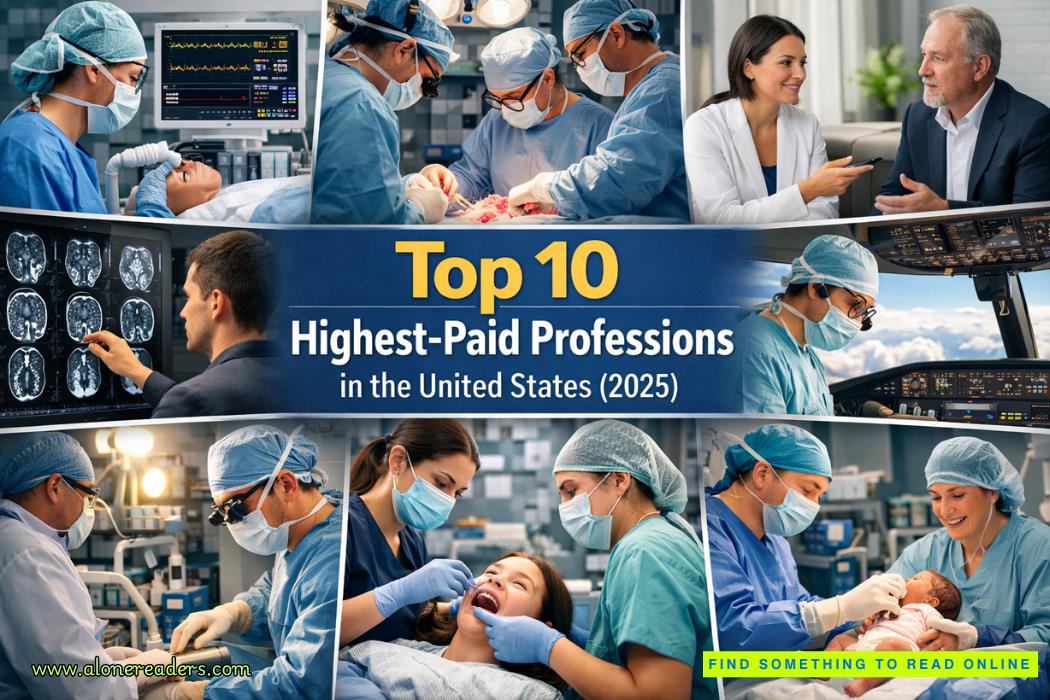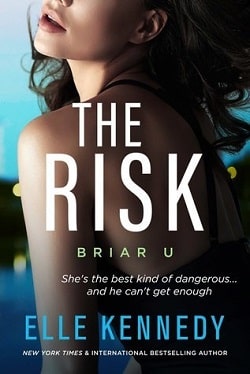Oh, yes, they were both more than ready.
Chapter 11
Pansy
King’s End, Minnesota
Sunday, July 9
Adele insists on feeding me, even though she’s the one who’s just arrived home. I don’t mind, since all I’d been planning to eat were some of Henry Darnelle’s leftover bagels.
After she leaves, I open my laptop again. Lineage is important to the Enclave. Some families can trace their line back to an original traveler—or so they claim. Old families, according to the legends, produce the best field agents. I’ve never seen any actual evidence for that. But it’s why here, in the twenty-first century, the Enclave still clings to antiquated notions like betrothals between families.
These are arranged, of course, by everyone but the interested parties. The Littles, like the Darnelles, are an old family. I’ve never received so much as a single offer of betrothal. Or, rather, not a serious one. There was Charlie Pulchenko, at the Academy, but he was desperate to escape his own betrothal. In some way or form, rule six always applies. Not only did my mother take care of that situation, she somehow ended her own betrothal long before she met my father. Whenever the subject came up, whenever I asked, she always said, “I saw no reason to place that burden on you as well.”
Sometimes, I wonder if this is how my mother ended up a permanent post agent in King’s End. Was she banished for breaking her betrothal? I’m the very last Little. Sometimes, I wonder what will happen to King’s End when I can no longer patrol.
I scan Agent Darnelle’s profile as if that will help me through tomorrow’s gauntlet. He’s a principal field agent, which means he can create and lead his own field teams without (much) interference from the Enclave. He’s proficient in five languages (because, of course he is).
Beneath that? So. Many. Awards. Some I’ve never even heard of. It’s like the Enclave made them up special just for him. How he completed missions in Crete, Brazil, British Columbia, and the Philippines all in one year, never mind that whole trek into the Sahara? Who knows. Clearly, the man overachieves.
He’s not married—or officially engaged. As for those betrothals? No one talks about such things in the twenty-first century, after all. But an agent like Henry Darnelle?
Rule six applies, absolutely. There’s probably a waitlist.
He has one sister, or half-sister, I guess. Ophelia Connolly is a few years older than I am, but I don’t remember her from the Academy. Still, she’s a Connolly, and related—somehow—to Mort. Second cousins, maybe? I’m not sure, and Enclave family trees are beyond complicated. Currently, she is on a research sabbatical, whatever that is. Certainly nothing I’ll ever experience.
Because I’m feeling perverse, I check my own profile. There I am, still listed as Apprentice Agent Little, permanent post in King’s End. I have, according to my profile, successfully graduated from the Academy.
And while it’s not there, on the screen, by the skin of her teeth is absolutely implied.
When I check my mother’s profile, all it has is her last official photo, taken about ten years ago, with the words:
Rose Little, retired.
I close my laptop and hide it away before the melancholy can hit too hard. I rescue Agent Darnelle’s suit coat from the kitchen chair, shake out the wrinkles, and hang it in the closet near the front door. It’s far too early for bed, and while I know I should save my strength for tomorrow, I pluck my umbrella from the stand and head outside.
I’m certain to find the housing development quiet.
I head there anyway.
I will leave before dark.
This is what I tell myself.
After Adele’s revelation, I wanted, maybe needed, to see the housing development, or rather, the land it sits on. Once, it was a stretch of meadow that belonged to the Kingston heirs.
But when my mother, Harry Darnelle, and that mysterious third agent went patrolling, this was the only place they could have gone. I soften my gaze, trying to recollect what the space looked like before the backhoes and bulldozers rumbled down the road and carved a new landscape. There are still hints, like the wild roses that climb the fence that borders the cemetery.
Part of me is tempted to invoke the Sight. Even if it were safe to do so in the housing development (which it’s not—it’s so not), the Sight doesn’t work that way. If I could drop into the past whenever I felt like it, I could leave the Enclave and make a career in law enforcement. If I could drop into my future whenever the mood struck, I could make a killing on Wall Street.
To complicate matters, be it future or past, what I see isn’t always mine.
The fence remains in good repair. That’s an encouraging sign. A golden hour glow flatters the houses, making them appear more like dreams than nightmares. The air is almost sweet. If I didn’t know better, I would agree with Agent Darnelle’s skepticism. Maybe the housing development isn’t the main source of the Screamers.
But I do know better. And that golden hour can slide into twilight far too quickly, especially here. I turn to leave, but the crunch of tires on gravel holds me in place. A blue sedan crawls its way up the road, easing over the ruts until it comes to a stop beneath the sign for Camelot Lots.
I can taste the evening on my tongue before I manage to close my mouth. My umbrella is all aquiver. I don’t have to ask who is behind the wheel.















